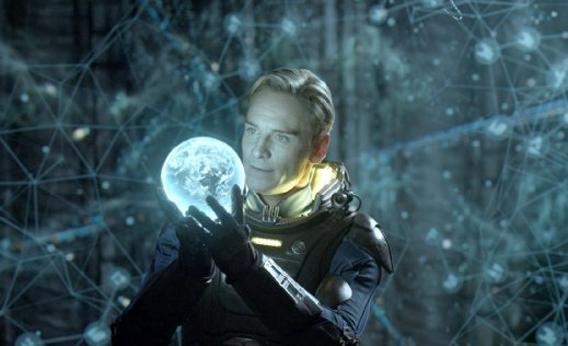"Do you think
they remember anything? The person they once were?" a man asks in the
latest episode of The Walking Dead.
This is the kind of question you'd expect from someone in a George A. Romero
zombie film, specifically one of the more recent ones, wherein zombies exhibit
traits of their pre-zombie selves. Here, though, the significance of the
question doesn't concern zombies so much as how the human survivors of a zombie
uprising project their own fears and insecurities onto the living dead.
"Walk with Me" is a notable change of pace for The Walking Dead for several
reasons, most clearly its shift in plot trajectory to initiate a new storyline
with a new group of survivors. More importantly, however, it's about unearthing
the past and recalling a distant life. This becomes clear at the outset, when
Andrea (Laurie Holden) and her travel companion, Michonne (Danai Gurira), are
discovered by a familiar face at the site of a helicopter crash.
After the first two episodes of the season focused so intensely on Rick's
(Andrew Lincoln) fleeting humanity and the group's strategic actions to gain
asylum, "Walk with Me" introduces a new survivor group that takes
Andrea under its wing. Unwittingly abandoned during the group's escape from
Hershel's farm, Andrea came under the protection of Michonne, and together—along
with two armless, jawless walkers—they survived the winter. Following an
encounter with Daryl's brother, Merrill (Michael Rooker) at the start of the
episode, Andrea and Michonne are plucked from the dystopian wilderness and end
up in a place that would seem to be its opposite.








